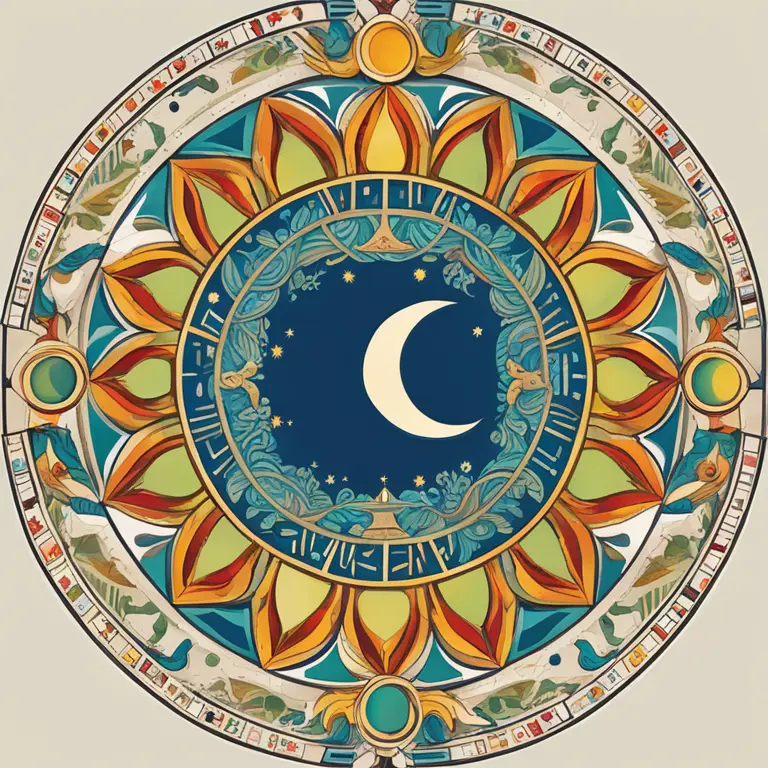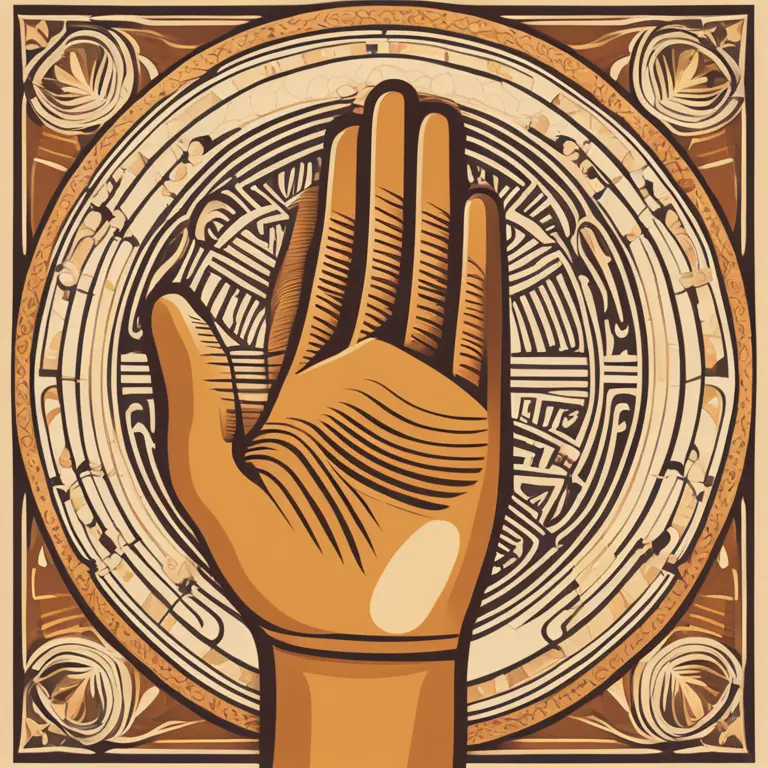
Which Hand to Read: Insights into Palmistry
Discover the intricacies of palmistry and learn which hand to read for a comprehensive understanding of your life's path and personality.
article by Nora Pennington
Palmistry Basics
Palmistry, also known as chiromancy, is the esoteric art of analyzing an individual's palms to interpret personality traits and predict future happenings. This ancient practice can be traced back thousands of years, with roots in various cultures including Indian, Chinese, and Egyptian civilizations. In modern times, it's embraced as a tool for self-discovery and guidance. As with any practice steeped in tradition, there are conventions to be followed — one of which includes the decision of which hand to read.

Right Hand or Left Hand?
In palmistry, each hand holds its specific significance. The left hand, said to be ruled by the moon, reflects your potential, inner self, and what you were born with. It provides insight into character traits and personality aspects that are innate or inherited. The right hand, under the sun's influence, represents your actions, conscious decisions, and the path you have crafted out of the traits and circumstances you were given. It is commonly seen as the hand of external influence and displayed character.

Primary Hand Consideration
The dominant hand, or the hand you use more frequently, is often considered the primary hand in palmistry. This hand reveals the evolution of your life, specific achievements, and challenges you have faced. The lines and markings are continually changing, shaped by your experiences and choices. It's a dynamic canvas that tells the story of where you're heading based on your actions. If you are right-handed, your right hand would be considered for this, while left-handed individuals would look to their left hand as their dominant hand.

Non-Dominant Hand's Role
The non-dominant hand complements the reading by showcasing the undercurrents of your life—traits and possibilities that perhaps you have not capitalized on. It delivers contrast, showing what was and what could be. For a holistic reading, both hands are considered. One hand sets the scene of your potential, while the other enacts the play of your life.

Approach to Hand Reading
Every palmist may adopt a different approach when deciding which hand to emphasize during a reading. Some may start with the dominant hand to discuss present life events and decisions, then move to the non-dominant hand for the underlying traits and alternative paths. Others might do the opposite, constructing a foundational understanding from the non-dominant hand before delving into the life you've built with your dominant hand. However, to gain a well-rounded reading, a juxtaposition of both hands is necessary.
Age and Hand Preference
Traditionally, there was a common notion that the left-hand documented the first half of life (up to age 30), while the right hand detailed the latter half. However, contemporary palmists recognize that life's symmetry is not often so neatly divided. Instead, most agree that the dominant-hand reveals current life patterns, while the non-dominant holds the blueprint of your latent traits and characteristics.
Cultural Differences in Palmistry
Cultural preferences also come into play when considering which hand to read. Certain Eastern traditions of palmistry may focus primarily on the right hand for males and the left hand for females, aligning with ancient beliefs about masculine (yang) and feminine (yin) energies. Yet, as palmistry has evolved and integrated into Western practices, the gender-based approach to hand reading has largely subsided, though it might still be upheld by some traditional readers.
Published: 2/1/2024
Modified: 2/1/2024
More predictions
Come back here soon to learn more about yourself and your future


The Art of Palmistry: Discover Your Lines' Secrets
Delve into the ancient tradition of palmistry to decode the story written in the lines of your hands.


The Palm's Path to Prosperity: Interpreting the Success Line
Uncover the mysteries of the palmistry success line and learn how it may influence your journey towards achieving your goals and aspirations.


The Art of Palmistry: A Beginner's Guide
Delve into the basics of palmistry and learn how the lines on your hands can reveal insights about your life and personality in this concise guide.